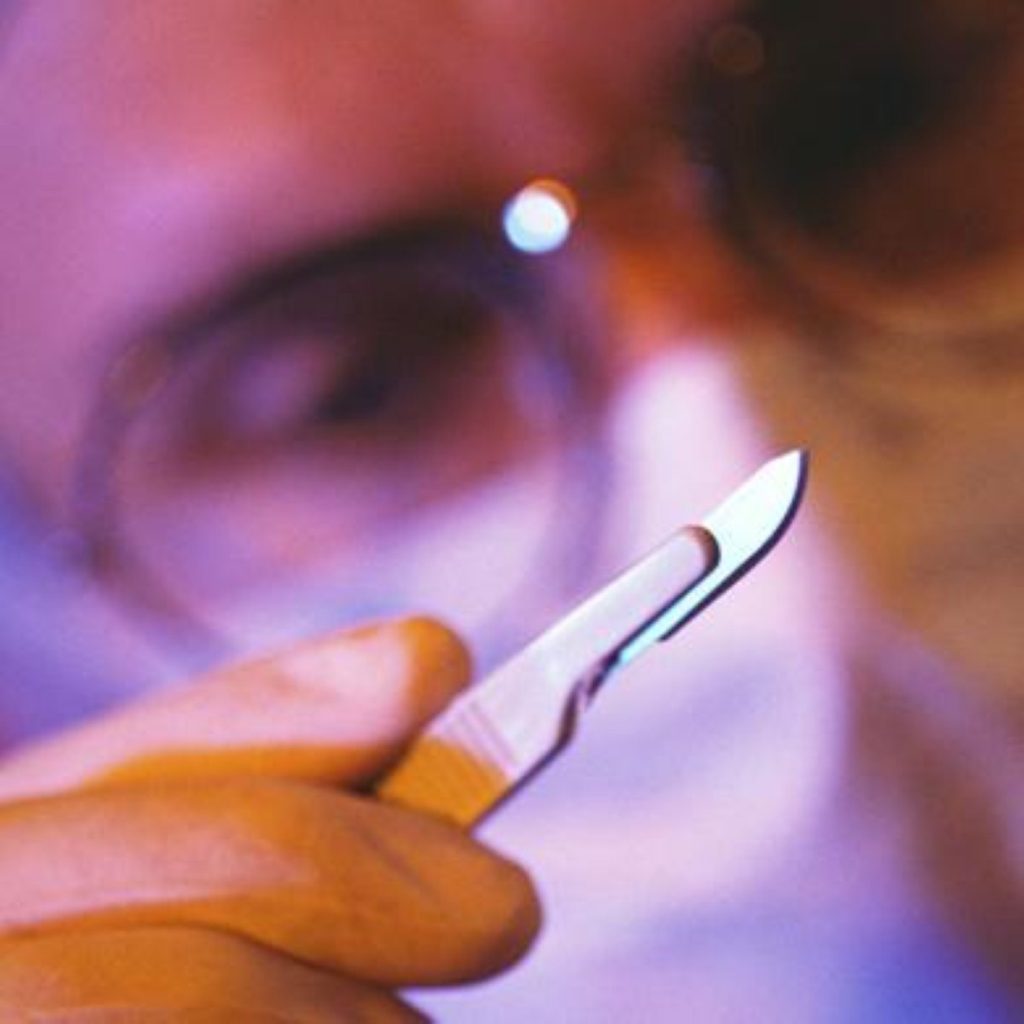Healthcare spending ‘may have to slow’
The economic slowdown will force an end to the period of rising healthcare spending above GDP, it is claimed today.
Professor Nick Bosanquet of Imperial College London writes in an online debate on bmj.com that with the government reaching the limits of its taxable capacity, healthcare spending cannot maintain its current rate of two per cent above GDP.
“There will be no incentive to invest in a new kind of health service while the easy option of continued growth in high spending in the old one remains”, he warns.
Prof Bosanquet urges a renewed emphasis on value-for-money. He wants it to be measured in terms of monetised health gains based on expenditure; from 1990 for every pound spend the government got £2.48 of health gain back.


Such an approach would lead to a renewed emphasis on low-cost health interventions, like the UK’s increased investment in cancer prevention and the national service frameworks for coronary heart disease and diabetes, which identifies and treats patients at high risk of vision loss.
Werner Christie, former minister of health for Norway, argues medical need rather than economic performance should be the main priority, however.
He says it is difficult to quantify the value and benefit of health and health care to individuals and the community.
And, Mr Christie adds, health institutions are big employers, generate substantial tax revenue and provide demand for products like drugs and medical devices.
As a result he argues increased investment in health can be a “profitable” practice.

